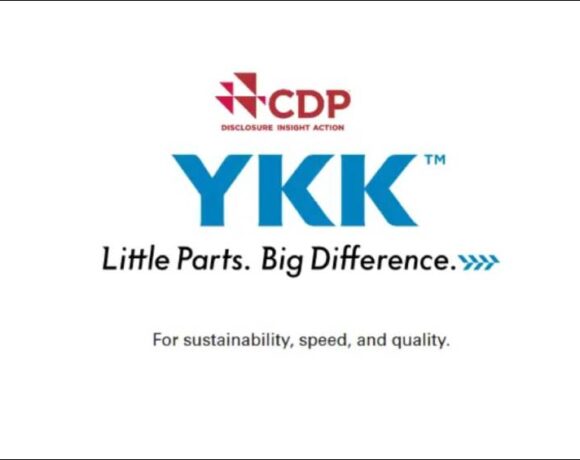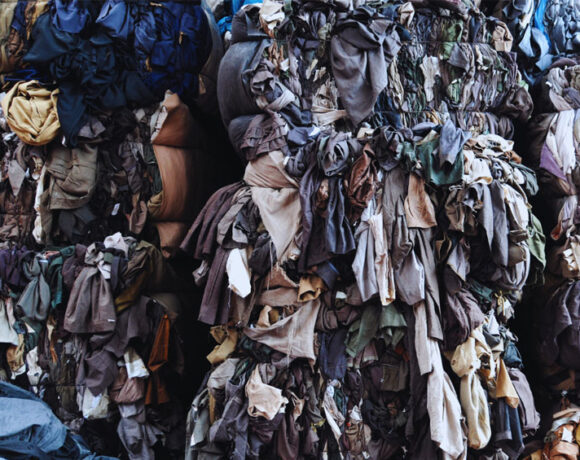EURATEX Highlights Concerns On EP’s Ecodesign Regulation

In response to the European Parliament’s (EP) position on the Ecodesign Regulation, EURATEX said it regrets the EP’s approach to target the textile industry in a regulation designed to be a framework legislation for all sectors.
The Ecodesign Regulation aims to improve the environmental sustainability and circularity of products placed on the EU market, including textiles.
EURATEX added that it recognises the importance of accelerating the green transition and welcomes the progress on the legislation, but has its reservations.
Representing 160,000 European textile companies, EURATEX has been highlighting that a successful legal framework is based on an inclusive and feasible approach, ensures sufficient capacity and sets a timeline for businesses to adjust.
Therefore, EURATEX welcomes EPs’ call for tailored support and smooth transition for SMEs. Strongly advocated by EURATEX, the EP also strengthens the provisions on market surveillance, which is a key element for ensuring level playing field for EU companies in the Single Market.
As businesses already face difficulties to navigate through all ongoing policy and legislative initiatives, EURATEX appreciates the efforts of the EP to ensure legislative consistency, the lack of which may only create additional costs and administrative burdens for companies.
“The inclusivity and transparency of the future Ecodesign Forum have indeed received a positive boost,” EURATEX stated.
EURATEX mentioned that it regrets that the EP has overlooked the plea for legislative coherence on substances of concern and for keeping the ESPR aligned with existing chemical legislation to avoid overlapping or conflicting regulation.
EURATEX advised that social sustainability aspects should be addressed within the due diligence legislative framework.
“Regarding the future Ecodesign requirements for textiles, these will have to be based on reliable data, and supported by thorough analysis and impact assessments. The requirements should be set out in the textile-specific Delegated Act and should be developed with relevant stakeholders,” EURATEX shared.















